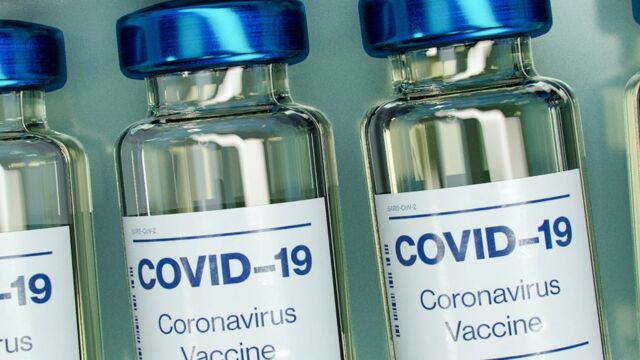Coronavirus vaccine passports are no longer being considered by the UK government. Initially, talks surrounding a passport that would give jab receivers permission to travel were circulating amongst medical experts as a way to easy off on strict lockdown measures.
Discover our latest podcast
The reason for the ruling out of the passports is due to insufficient knowledge regarding the effects of vaccination on transmission. A proposed alternative for a proof of vaccination if certain countries require it as a condition of entry in the future would be to simply obtain a written letter from their GP to present to border officials.
Vaccination should not be seen as a means towards an end
Minister for Business and Industry and Covid Vaccine Deployment, Nadhim Zahawi, explains that state-issued documentation for proof of vaccination would be a form of discrimination. When asked whether the government was seriously considering introducing vaccine passports he replied:
No, we're not. One, we don't know the impact of the vaccines on transmission. Two, it would be discriminatory and I think the right thing to do is to make sure that people come forward to be vaccinated because they want to rather than it be made in some way mandatory through a passport.
He added:
If other countries obviously require some form of proof, then you can ask your GP because your GP will hold your records and that will then be able to be used as your proof you've had the vaccine. But we are not planning to have a passport in the UK.
1,000 vaccines per minute
With more than 12 million people in the UK having received their first dose of the vaccine as of February 6, this past weekend saw a record breaking number of jabs having been administered since the rollout program began.
At one point, numbers showed that almost 1,000 jabs were given out per minute making the government's aim to vaccinate all those over 50 by May that much more feasible.
Zahawi explained that:
We got to 979 jabs a minute so the deployment infrastructure of which GPs are absolutely the backbone of this whole deployment with hospital hubs, national vaccination centres, now we have 100 national vaccination centres, and 200 pharmacies.















